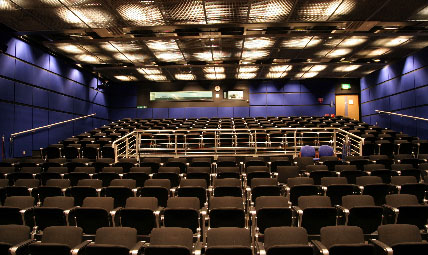A device that allows the blind to see via electrical pulses applied to the tongue, a collagen scaffold to treat damaged joints, a new vaccine to prevent shingles, an artificial lung that provides patients with both mobility and comfort during treatment, a program that vastly improves literacy among middle and high-school age students, a device that transforms wheelchairs into all-terrain vehicles, a vaccine to prevent HPV.
These are just a few of the discoveries featured in the 2010 edition of the AUTM Better World Report, a collection of stories about technologies that originated in academic research and were brought to the public through technology transfer, the process of licensing and commercialising academic research so it can become real products that make the world a healthier and safer place.
Technology transfer fosters economic growth, new companies and new jobs, but equally important are the new technologies that improve quality of life for us all.
Ashley J. Stevens
“Technology transfer fosters economic growth, new companies and new jobs, but equally important are the new technologies that improve quality of life for us all,” says AUTM President Ashley J. Stevens, D. Phil. (Oxon), CLP. “Some of these products serve large numbers of people, have substantial revenues and return significant royalties to the inventing institution, while others are relevant to only a few people and have only modest sales, but technology transfer professionals regard all of these stories as major successes because they improve people’s quality of life,” adds Stevens.
The 2010 Better World Report is part of AUTM’s Better World Project — an endeavour that promotes public understanding of how academic research and technology transfer benefits millions of people around the world.
Featured in this year’s report is the story of Cambridge spin-out Orthomimetics, which is developing innovative local treatments for damaged and osteoarthritic joints. The company was acquired by Belgian biomedical company TiGenix NV in 2009.
AUTM (the Association of University Technology Managers) is a non-profit professional association based in the United States with a mission to advance the field of technology transfer and enhance the ability to bring academic and non-profit research to people around the world. AUTM’s 3,000 members represent intellectual property managers from more than 350 universities, research institutions, teaching hospitals and government agencies as well as hundreds of companies involved with managing and licensing innovations derived from academic and non-profit research.
Photo credit: Walton Hall campus – Berrill lecture theatre by The Open University via Flickr











